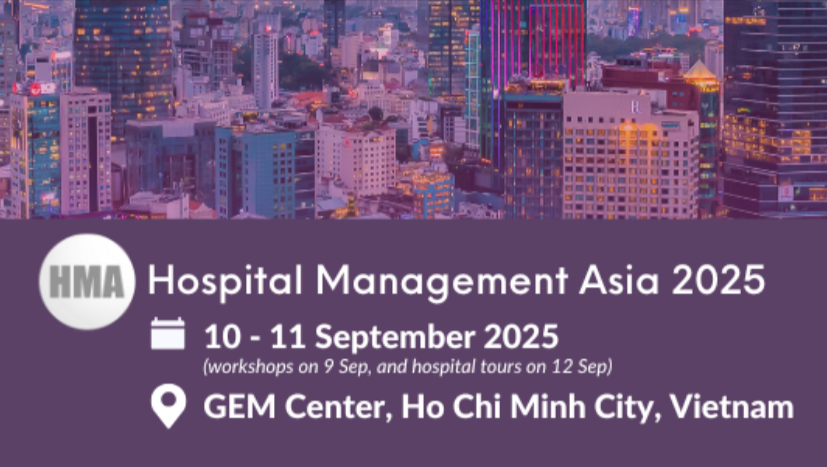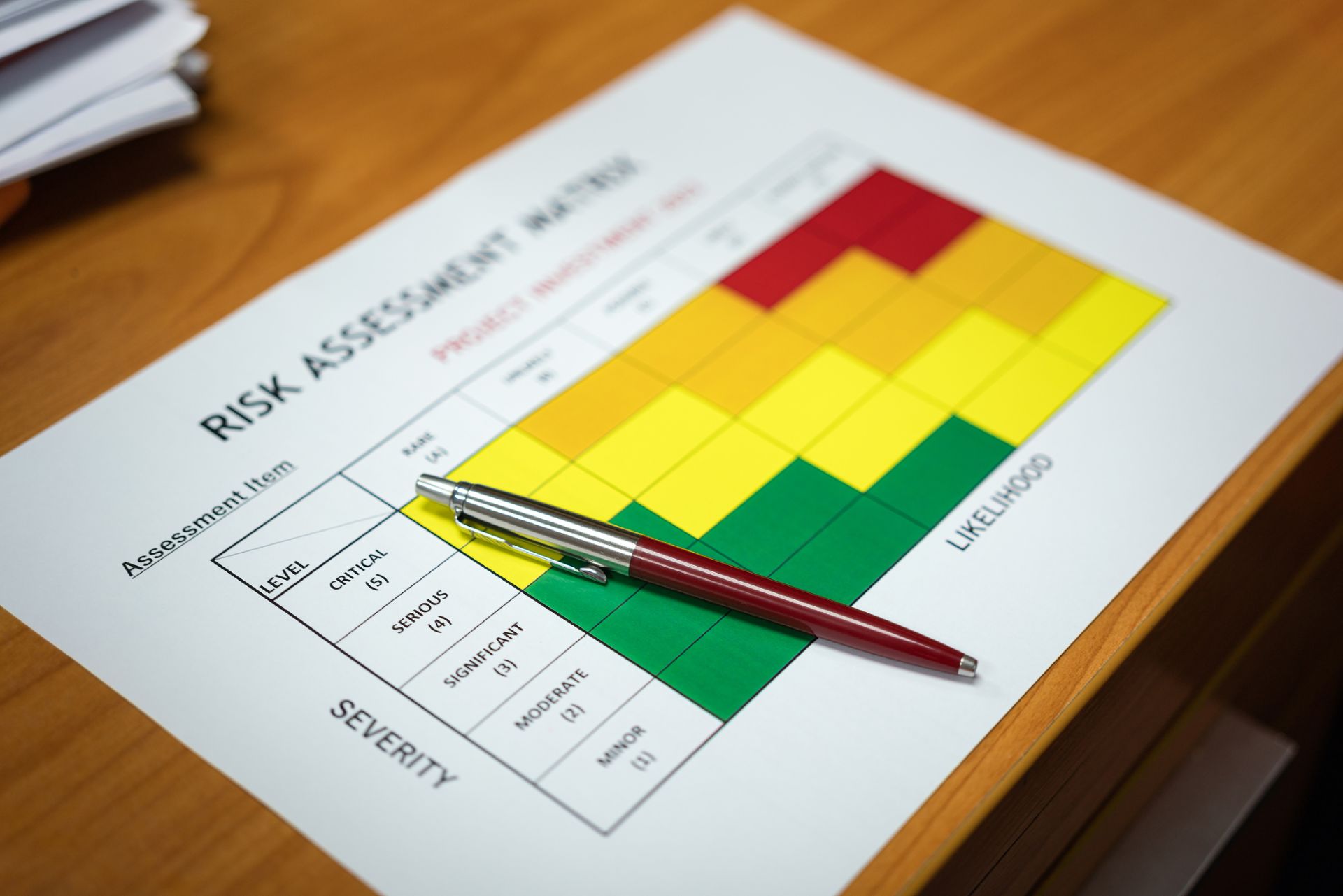Insights, Innovations, and Inspiration for the Future of Healthcare

The Hospital Management Asia (HMA) Conference 2025 concluded last week and proved to be an essential event for healthcare professionals. Leaders, administrators, technology experts, and frontline practitioners from across the region came together with a shared objective: to exchange knowledge, learn from one another, and strengthen their professional networks. Alongside them were IT vendors, including our team, showcasing products and services designed to equip the healthcare community with cutting-edge tools such as QUASR+, which is set to shape the future of healthcare.
In recent years, the central focus for healthcare providers across Asia has been digitalization. During this time, maturity models such as EMRAM, AMAM, and INFRAM have emerged to measure and guide the impact of digitization. With these structured frameworks in place, we are now seeing more healthcare providers, both large and small, actively embracing the journey of digital transformation.
As an exhibitor, the QUASR+ team presented the next generation of the QUASR app, an AI-powered incident reporting platform. The upgraded version significantly raises the bar with advanced capabilities, including self-service workflow design, integrated stakeholder chat, real-time notifications, role-based access controls, and strong integration potential, all enhanced by state-of-the-art AI features.
Attendees at HMA 2025 were also given a special preview of the soon-to-be-launched QUASR+ app and invited to sign up for an exclusive pre-launch early access package. The response was overwhelmingly positive, with most visitors showing strong enthusiasm during the preview and registering for early access.
QUASR+ Exclusive Preview – Sign up for Early Access
Our booth attracted steady traffic, generating valuable queries, feedback, and suggestions. Beyond exhibition interactions, the conference offered insightful guest talks, panel discussions, fireside chats, and collaboration opportunities. Some of the key takeaways include:
1. AI and Automation
Artificial Intelligence is becoming central to predictive analytics in patient care, resource allocation, and administrative workflows. Hospitals shared case studies on:
- AI-powered chatbots for patient triage
- AI-assisted radiology diagnostics
- Predictive algorithms for supply chain management
These applications help reduce waste, optimize resources, and improve care delivery. QUASR+ also highlighted how its analytic features enhance patient safety and incident management.
2. Integrated and Integrable Systems
A major challenge for healthcare providers is the siloed systems created by fragmented automation. These silos slow down data collection, making real-time decision-making difficult and impacting operational efficiency.
At the same time, specialized apps for specific processes are growing in popularity due to their affordability and ease of use. The key need is for these systems to be easily integrable with core platforms such as EMRs, HISs, and ERPs. QUASR+ has system integration firmly embedded in its product roadmap.
3. Virtual Hospitals and Technology-Enabled Care
With rising demand for hospital beds and facilities, the concept of virtual hospitals or Hospitals-at-Home is gaining traction. Though still developing in many countries, technology plays a pivotal role in enabling this model. Device-friendly web applications like QUASR+ support providers in extending full technological capabilities even to remote locations, making virtual hospitals more practical and scalable.
4. Health Awareness Through Social Media
Another key discussion centered on the use of social media to raise awareness about diseases, overall health, and safety practices. Social platforms can also encourage healthcare professionals, both clinical and non-clinical, to follow protocols and processes diligently. When used responsibly, social media becomes not just a marketing tool but also a means of fostering awareness and accountability, ultimately safeguarding the health of future generations.
Conclusion
Hospital Management Asia 2025 delivered a clear message. Asian healthcare is entering a new era where integration, innovation, and leadership are essential. For hospital executives, the challenge ahead lies in turning these insights into actionable execution.

